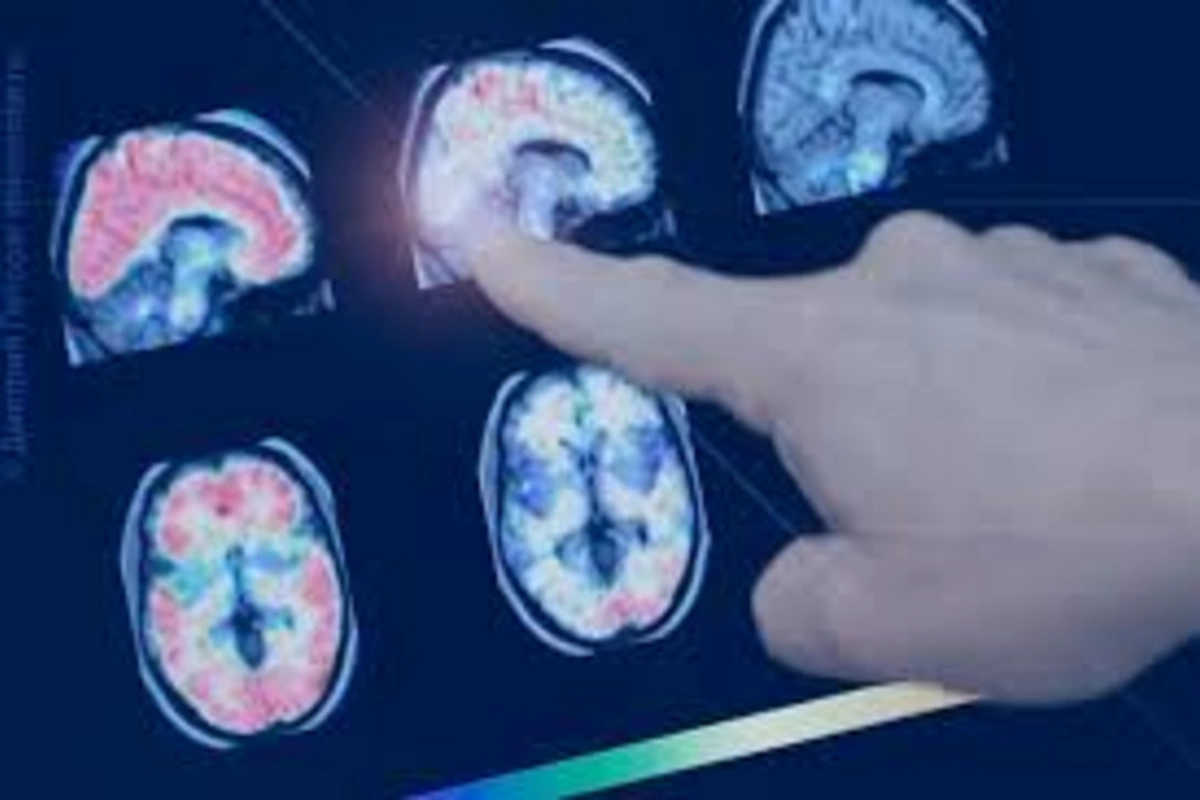Unexpected source of brain inflammation in Alzheimer's disease discovered

Researchers from the University of California discovered that proteins involved in the formation of plaques in Alzheimer's disease directly affect inflammation in the brain. The research results were published in the Proceedings of the National Academy of Sciences (PNAS).
This refers to amyloid precursor proteins (APP) - which form beta-amyloid peptides that create toxic plaques. Scientists found that APP can bind to a special type of proteins - Hv1 proton channels, which regulate the activity of brain immune cells (microglia). These cells protect the brain, but when excessively activated can cause inflammation and tissue destruction.
When APP or its fragments (such as the C99 segment) connect with Hv1 channels, they enhance their activity. In response, microglia begin to release more inflammatory molecules. If the amount of APP decreases, channel activity and inflammation are reduced.
Additionally, scientists discovered that people with hereditary mutations in the APP gene - which trigger early-onset Alzheimer's disease - have even higher activity of these channels. This may explain why inflammation in their brains develops faster and more severely.
"We have long known that Hv1 controls inflammation, but we didn't expect the APP protein to directly affect its function. This unexpected discovery shows how we can more precisely target these channels when treating neurodegenerative diseases," noted the senior author of the study, David Goldstein.
Similar News
An unexpected factor in accelerated eye aging has been identified
Scientists from the Johns Hopkins University School of Medicine have discovered that cigarette smoke accelerates the aging of eye cells through epigenetic chang...



 Azərbaycanca
Azərbaycanca  По-русски
По-русски  English
English 






